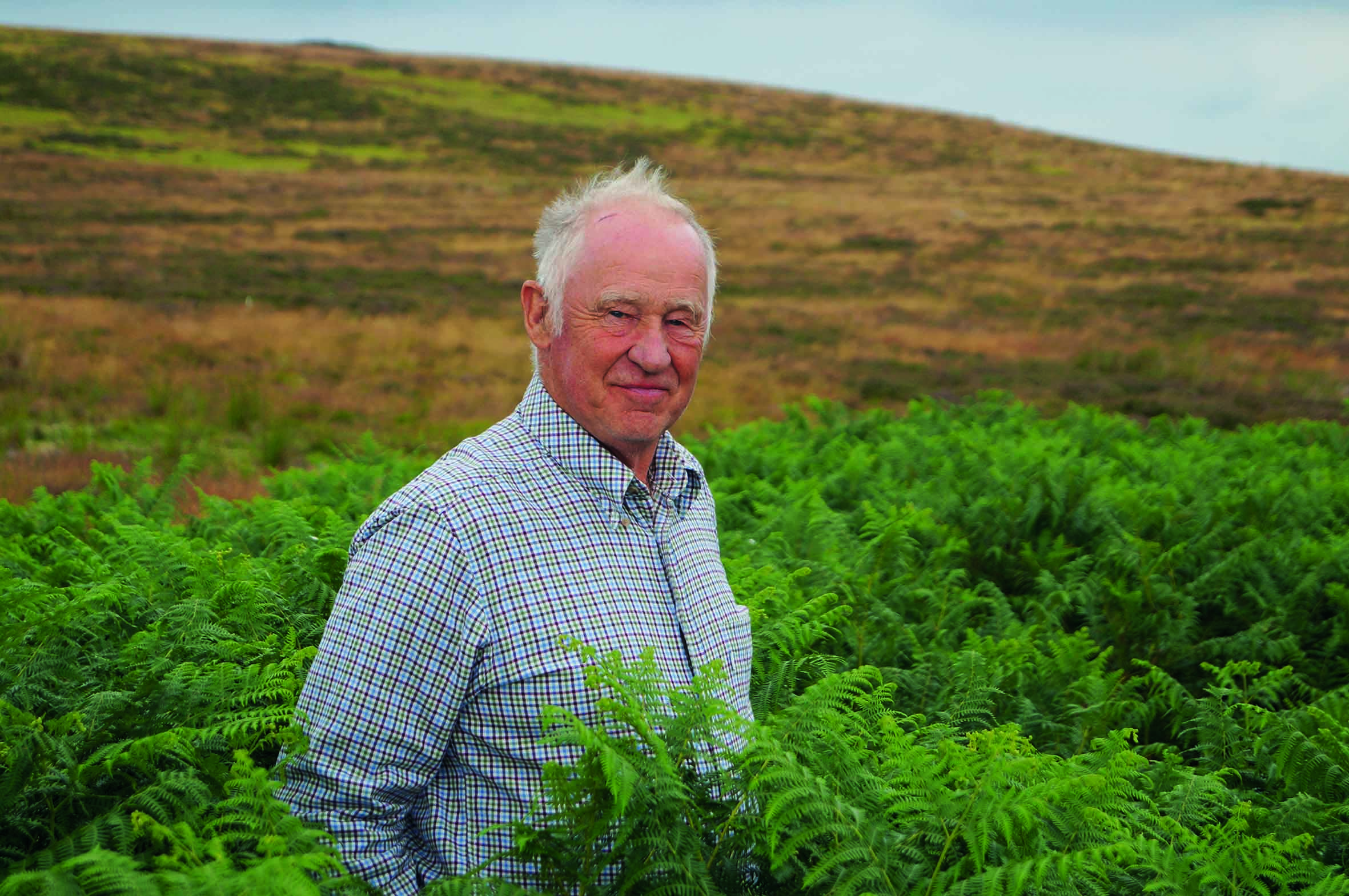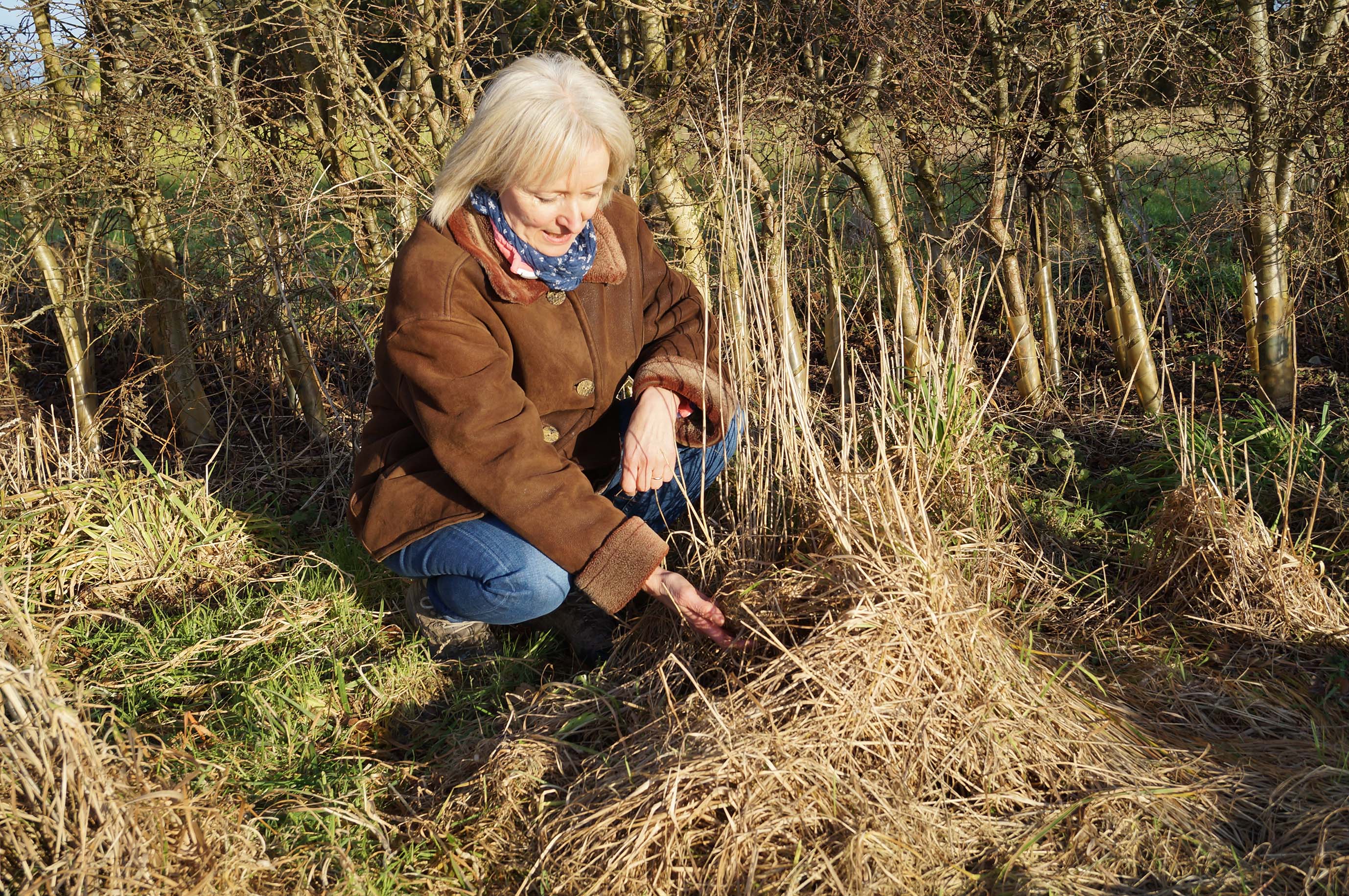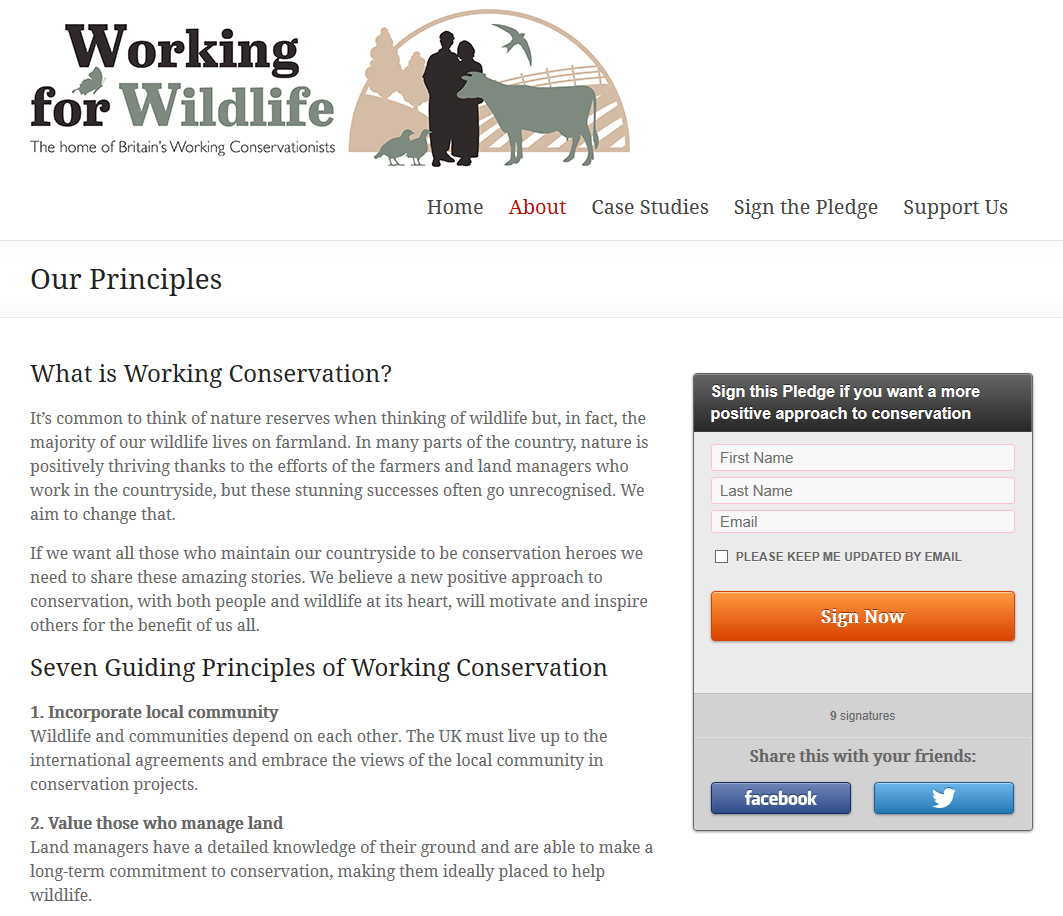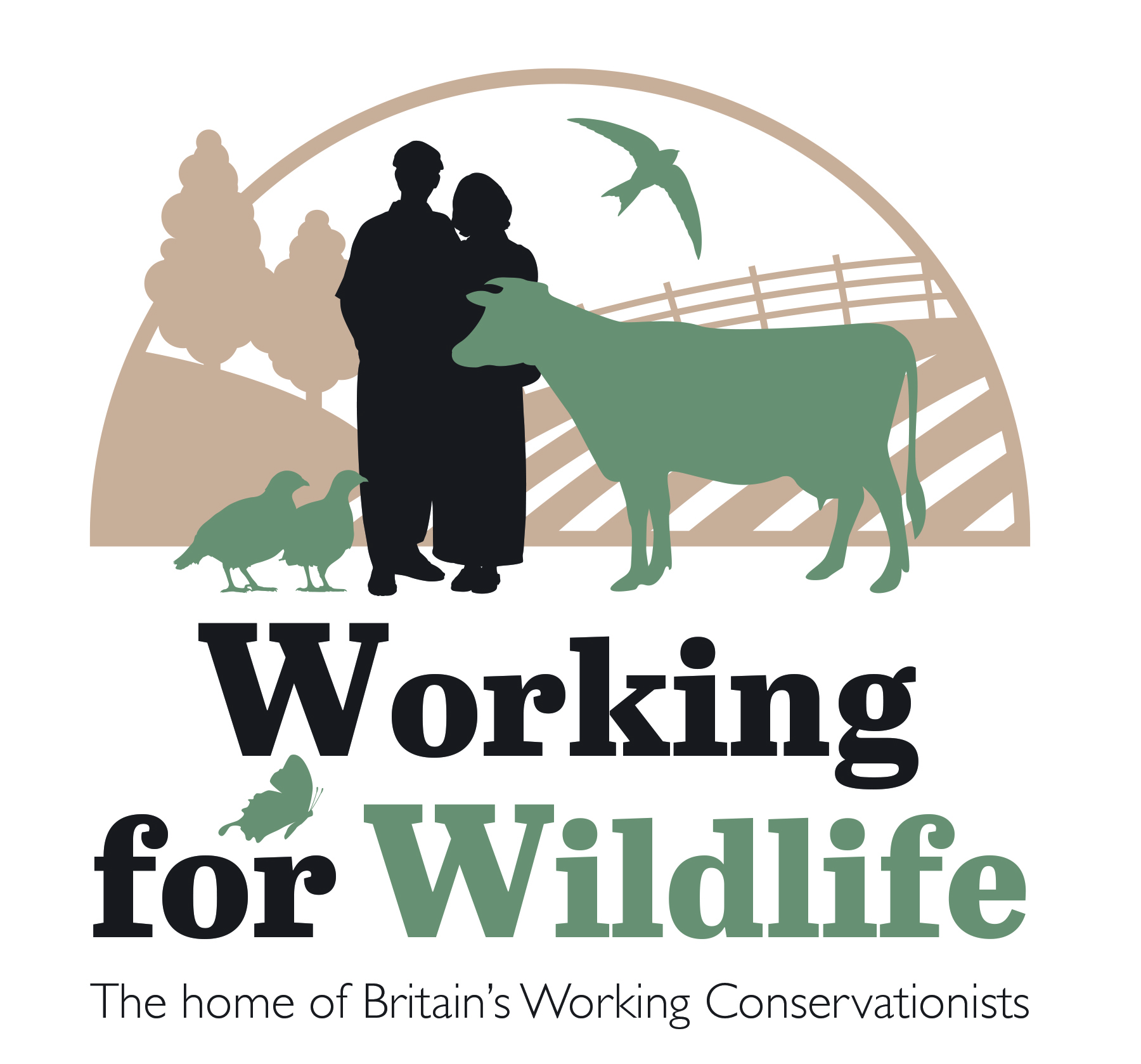Put Working Conservationists at the heart of conservation policy, says the Game & Wildlife Conservation Trust
The unsung heroes of conservation are being celebrated by a new website ‘Working for Wildlife’, launched by the Game & Wildlife Conservation Trust
The unsung heroes of conservation are being celebrated by a new website ‘Working for Wildlife’, launched by the Game & Wildlife Conservation Trust (GWCT). The website profiles what the GWCT calls ‘Working Conservationists’: farmers and land managers across the UK who have made a long-term commitment to manage their land for the benefit of wildlife. The website also invites supporters to sign a pledge supporting the GWCT’s demand for a more positive approach to conservation which empowers those working on the land and embraces the views of local communities.
Since its beginning in 1932 the Game & Wildlife Conservation Trust has championed the idea of ‘Working Conservation’. The Trust’s scientific research was inspired by wanting to find practical solutions to reversing the decline of farmland biodiversity. It recognised early on that success depended on developing measures that fitted into farming regimes.
“It’s common to think of nature reserves when thinking of wildlife but, in fact, the majority of our wildlife lives on farmland, moorland, in woodland and in rivers outside nature reserves” says Dr Roger Draycott, who advises farmers and land managers on behalf of the GWCT.
“While the growing demand for food production has impacted on wildlife”, continues Roger, “there are lots of examples across the UK of local wildlife recovery where nature is thriving thanks to the efforts of the farmers and land managers who work in the countryside - but these successes often go unrecognised. The aim of the Working for Wildlife website is to highlight and build upon the efforts of these Working Conservationists.”
The website features more than twenty profiles of Working Conservationists, from Geoff Eyre who has single-handedly restored more than 40 square miles of Derbyshire’s wild moorland in his ‘spare time’, to Kate Faulkner, who has been planting and maintaining hedgerows to provide habitats for harvest mice at Norton Farm near Selborne, Hampshire. The passion and positive action of individuals like these are key to conservation success at a local level. They are also, says the GWCT’s chief executive Teresa Dent, essential to the national approach to reversing the decline in British wildlife.
“At a time when the UK’s wildlife and land management legislation is being reviewed, post-Brexit, it is vital that those Working Conservationists are engaged, supported and motivated” says Teresa, “we must build on their intimate knowledge of their land, their practical expertise and their wealth of experience, to ensure policies are workable, tenable and beneficial at ground level. Without the inspiration and drive of individual land managers and their communities, history has shown that conservation efforts will not succeed.”
National conservation goals are important, says the Working for Wildlife website, but decisions need to be made field by field and hedge by hedge. Policy makers must avoid imposing rules that restrict landowners’ ability to tailor decisions to local conditions.
As well as celebrating the Working Conservationists of today, the Working for Wildlife website aims to encourage other land managers to follow the lead of these pioneers, and to nurture a new network of Working Conservationists, who subscribe to the website’s commitment to ‘a more positive approach to conservation’.
Visit workingforwildlife.co.uk for more information.
Notes to editors
The Game & Wildlife Conservation Trust – providing research-led conservation for a thriving countryside. The GWCT is an independent wildlife conservation charity which has carried out scientific research into Britain’s game and wildlife since the 1930s. We advise farmers and landowners on improving wildlife habitats. We employ 22 post-doctoral scientists and 50 other research staff with expertise in areas such as birds, insects, mammals, farming, fish and statistics. We undertake our own research as well as projects funded by contract and grant-aid from Government and private bodies. The Trust is also responsible for a number of Government Biodiversity Action Plan species and is lead partner for grey partridge and joint lead partner for brown hare and black grouse.
ISDN radio broadcast line - at our Fordingbridge HQ we have an ISDN radio broadcast line, allowing us to conduct interviews remotely.
For information, contact: James Swyer - Telephone: 01425 651000
Press release distributed by Pressat on behalf of Game & Wildlife Conservation Trust, on Thursday 27 August, 2020. For more information subscribe and follow https://pressat.co.uk/
Conservation Conservationists Farming Farmers Unsung Heroes Wildlife Rural Countryside Charities & non-profits Environment & Nature Farming & Animals
You just read:
Put Working Conservationists at the heart of conservation policy, says the Game & Wildlife Conservation Trust
News from this source:





